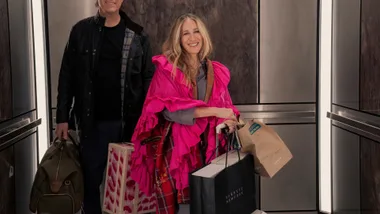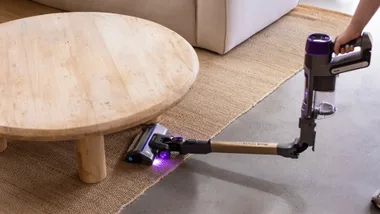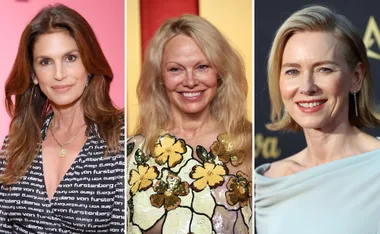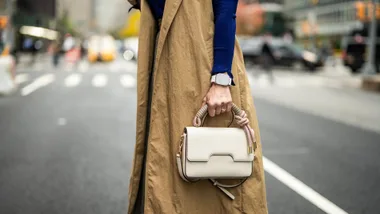Whether you’re a carer or need a little extra support yourself, knowing that you’re not alone can make all the difference in the world.
Actress and comedian Jean Kittson is one of 2.65 million people in Australia who play an essential role as carers.

Some people might not realise they’re carers, as there is mutual support.
(Credit: Getty)The star supports her parents, Elaine and Roy, who are both in their nineties and still live at home.
“They’re still living independently,” she says. “Mum’s 99 this year and Dad’s 96, and I’m about to get some more support. They have a great team around them.”
Like many people who become carers, Jean, 68, says she was surprised by how much she had to learn.
It inspired her to write the practical guide We Need to Talk About Mum & Dad, and now she’s teaming up with Carer Gateway to spread the word that help is out there.
Reaching out
One major barrier that prevents people from accessing support is that they may not realise they are carers.
Jean says this is common when someone is caring for their partner, especially if they’re giving each other mutual support.
“My mother has been legally blind for about 20 years with macular disease, so Dad would probably identify as her carer for many years, making the tea, cooking and things like that,” she explains.
“But in another way, my mother cares for my father by keeping him on track, getting him out of bed and making him have a shower. So it can be mutual, and people don’t identify.”
Some people can also struggle with giving their role a name.
“They may not want to say, ‘I’m someone’s carer.’ [They’ll say] ‘I’m just their partner and I’m doing what I can to make their life as good as it can possibly be’,” explains Jean.
“Sometimes you need to say, ‘Well, actually, I do have a caring role. And I can get a lot of support’. Because once you actually understand what your role is, there is a lot of support for you.”

Jean is a carer for both her parents.
(Credit: Getty)Start a chat
As we get older, most of us will eventually need a little bit of help. Whether you need extra care yet or not, Jean says it’s time to initiate open discussions about how you see your future.
Broaching this subject doesn’t have to be stressful. “It’s actually opening up a really healthy and joyous conversation about making sure that our elders’ wishes are heard,” says Jean.
“And it’s not just one conversation about what you want and how you see your life. It’s many conversations so everyone’s on the same page.”
Jean says it’s common for adult children to worry about their parents before they need to.
By chatting with them about their wishes, you’ll have a better idea of when to step in, but also when it isn’t necessary.
“It will actually give them more control over their lives and more independence for longer rather than less,” she explains.

Having an open discussion gives elders the freedom to voice their wishes.
(Credit: Getty)Rethinking aged care
From the Commonwealth Home Support Program to Home Care Packages, there are a range of different tiers and support levels available to help people remain at home for as long as possible.
Carer Gateway also provides a wide range of tailored support packages, resources, coaching,
counselling and more, including connections to support groups. Best of all, access is free.
“To have Carer Gateway providing such wonderful services and support is just so important and really essential to everyone’s wellbeing,” says Jean.
She adds that caring should be a normal part of everyday life and can be something that different generations can get involved with as a bonding experience.
“Find the joy in caring by getting a team of people around you who support the person you care for and therefore support you,” advises Jean.
“Then you will be able to continue to get pleasure out of your relationship with the person you’re caring for.”
With the right support, caring for someone you love can be infinitely rewarding.
“It means I can play a really important role in helping my parents have the best possible life to the end,” says Jean.
“It means that I feel that I am part of an ongoing continuity, of intergenerational care. It’s very humbling. I feel really blessed to be able to help my parents at this stage of their lives, as they’ve supported me and helped me throughout my life.”
To learn more, call My Aged Care on 1800 200 422.









